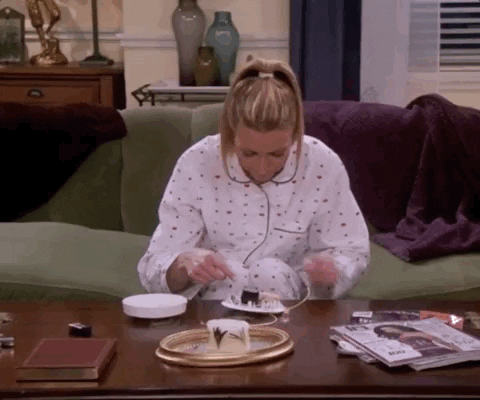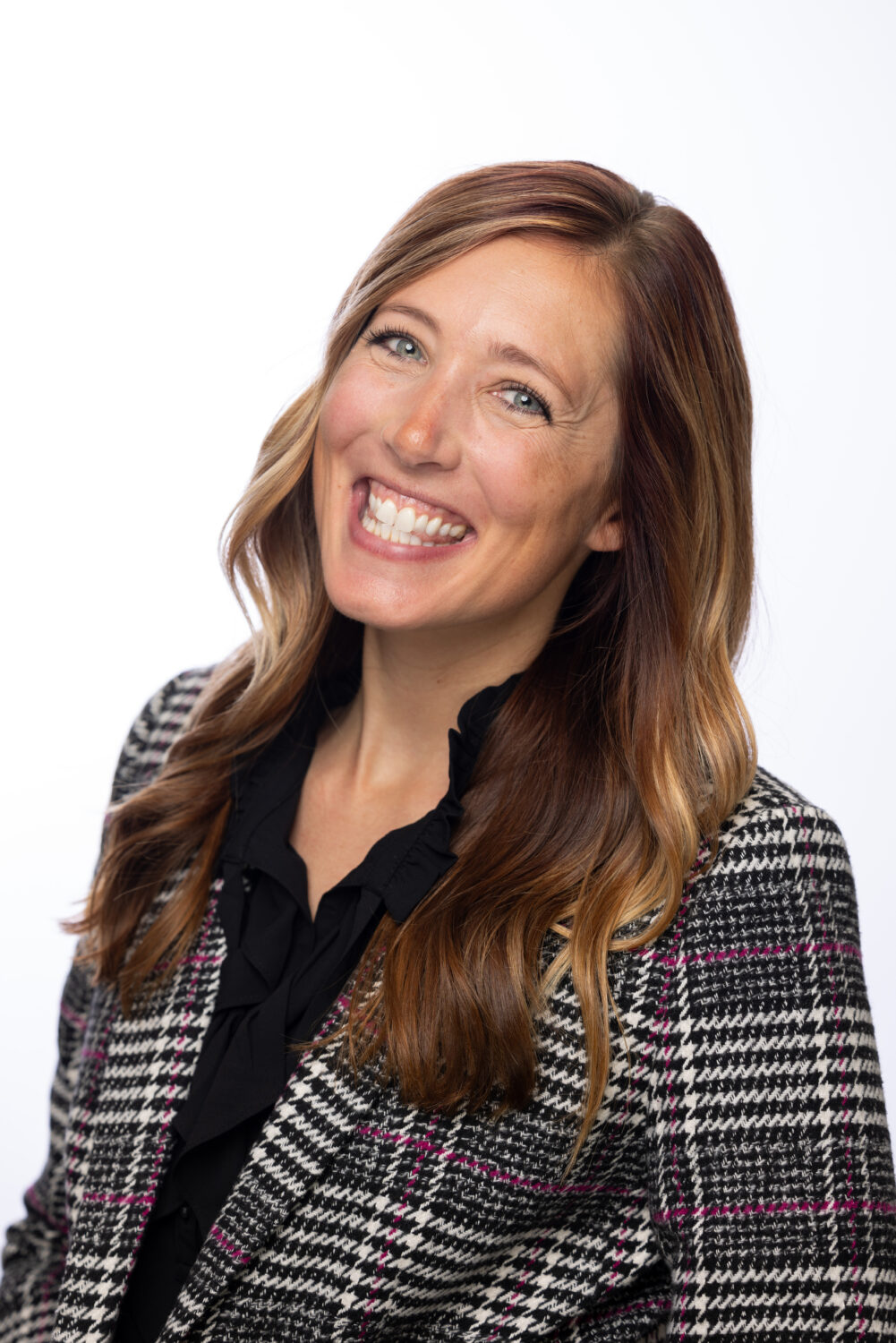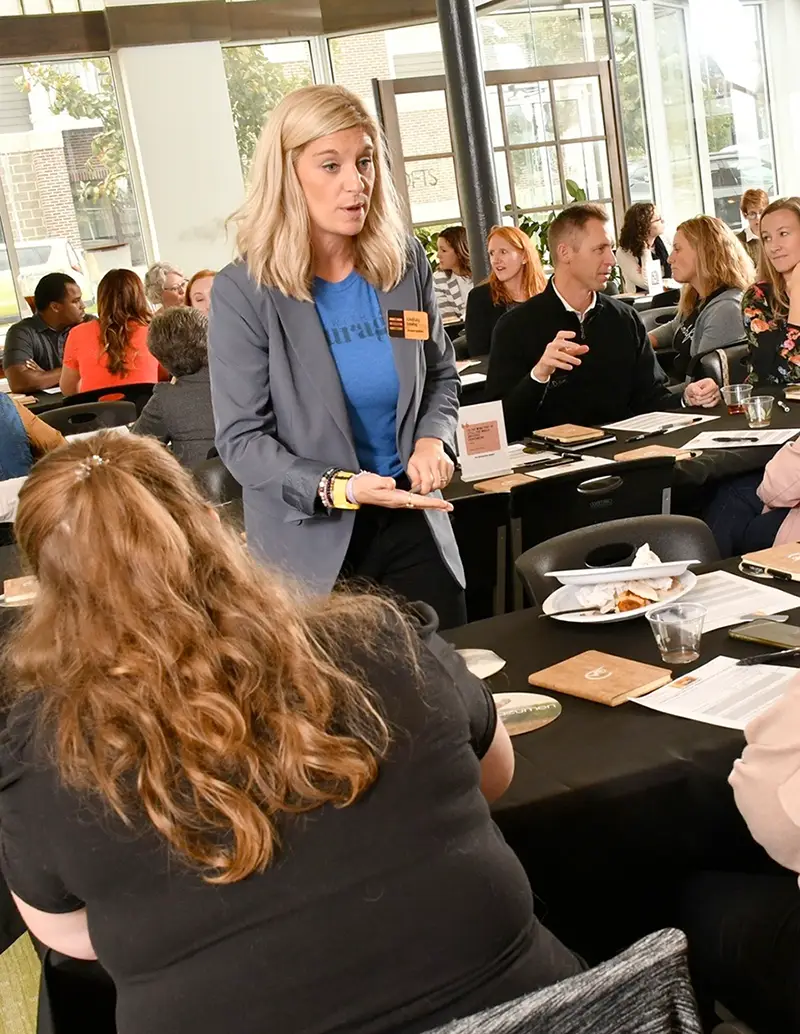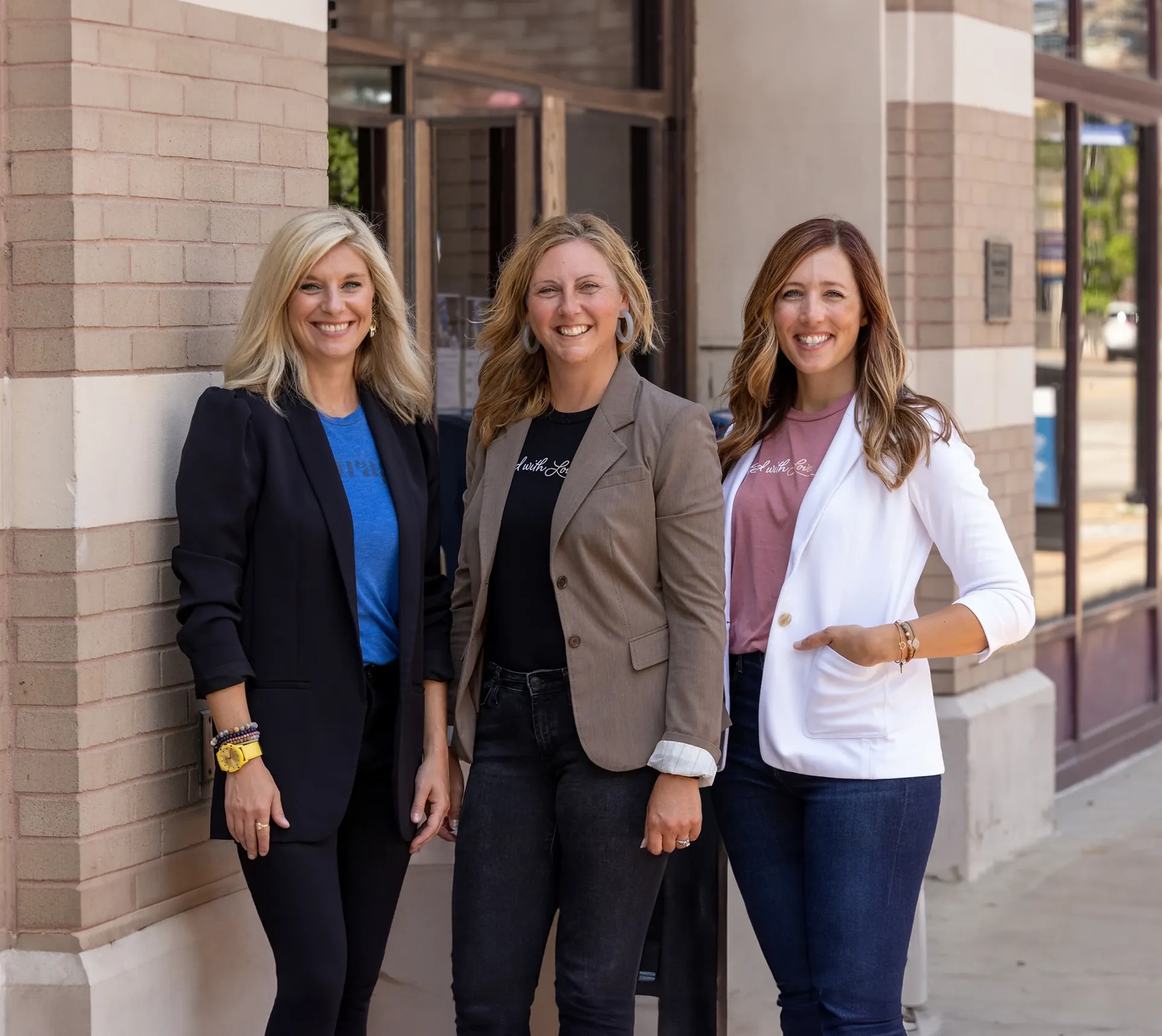
It’s the middle of the night and you hear a noise. It isn’t a scary noise, but it’s an unexpected noise. You hear it again. You begin to wonder…what is that? You hear the noise again and you decide to get up. Your eyes are blurry; your body is tired. The noise is not stopping. In fact, it continues and becomes a constant chirp. The noise will not stop.
You may have guessed it…it’s the smoke detector…running low on batteries.
It’s not.
It’s your mind.
At night especially, it may be referred to as your monkey mind. Chirping and chattering with all the things you have to do, must do, should do, want to do. And with this noise, you can’t sleep. Have you experienced this?
I have. Specifically when I’m going through periods of stress. This is life.
Now take this same story and let’s go back to our original example…it’s the smoke detector. Of course it is. It’s no doubt the smoke detector. It always goes off in the middle of the night or when we least expect it, when we’re least prepared for it, and when we definitely don’t want it to chirp.
How we handle these smoke detector situations is a reflection of our leadership:
- Do we react with anger? “This is terrible. That **bleeping** smoke detector!”
- Do we react with blame? “Hey, Spouse! You should have changed the batteries!”
- Do we react with avoidance? “I’m going to bury my head under this pillow and deal with it tomorrow.”
- Or do we approach it with logic, calm, and a bit of humor? “I can determine which smoke detector is chirping (hopefully!), then locate the spare batteries and grab the ladder. This will be resolved in about 15 minutes. Unless I turn into Phoebe from the tv show Friends and I simply ditch the smoke detector in the trash (haha!).”

Our work, our lives, our world and our “smoke detectors” are never going to begin chirping at the opportune moment. They will chirp in the middle of the night when we’re not fully prepared and when we probably have only a small amount of energy to deal with it.
This is why it’s important for us, as leaders, to have the courage (and practice!) to be: calm.
Just remain calm.
It seems simple, right?
It’s not.
Because we allow chaos to creep in.
- We engage in gossip about people.
- We watch tv shows, listen to podcasts, and consume exuberant amounts of media.
- We spend time with people that drain our energy.
- We hang out in spaces that are negative and do not add any amount of goodness to our life.
- We stay at an organization that values results (only) and not the people.
The key here is: choice. We choose these patterns. We choose these situations. We choose these people. We choose many of the variables in our life.
There are extenuating circumstances, of course. But for the most part, we have a lot of choice over our everyday lives.
- We can choose to step outside for fresh air and clear our head
- We can choose our friends and our chosen family, and surround ourselves with positivity.
- We can choose what we consume: a cucumber versus a cookie, a creative project versus a long digital scroll, a walk around the block versus the couch.
- We can choose to look for a new opportunity, find a new role, create a new career path.
- We can choose to share stories, talk about ideas, and share solutions.
When the smoke detector chirps (in work, in life, in the world) and it will chirp (most likely in the middle of the night and/or the most unpleasant moment) here are some ways I have developed the courage to be calm:
Everything is Figure-out-able.
Have I encountered problems? Yes, of course. Have I been able to solve them all on my own? No, of course not. But I’m confident saying, “I don’t know” and I’m comfortable seeking out resources, asking for help and getting stuck. It happens. The solution is always there.
Listen and Think versus Talk and React.
Naturally I’m a thinker. I process information quietly over a period of time. This is my internal hardwiring. It’s definitely not the most popular approach. Our world wants answers and information at a rapid pace. That’s not me. It has taken me years to get comfortable and confident with my style. Through practice I’ve learned that this is where my best ideas are formed and I can express that to my teammates, clients, and family + friends. Hat tip: Quiet by Susan Cain
Prioritize rest over push through.
Check yourself before you wreck yourself. Ah yes. This is me. After becoming a parent I have learned that rest is a priority. I’m not the same person when I’m tired. When my energy and rest are depleted I make poor decisions and don’t treat people well. The push through mentality is heavily ingrained in me (darn it), but I’ve learned to prioritize rest.
My time is worth $1,000 per hour.
This is a mindset (not my rate). I learned this concept years ago when I decided to leave my traditional career path. It has helped me make strategic decisions on how and where to spend my time. Hat Tip: Anthony Moore
In unison with this concept, I spend very little time on electronics. I use my laptop for work but otherwise I’m pretty analog. I don’t own a smart watch or a tablet. I only watch about 90 minutes of tv in one week (and it’s definitely not the news). I don’t listen to many podcasts or audiobooks. I hold a LinkedIn profile for work and have zero personal social media accounts. My cell phone sits in our laundry room when I get home from work. This may sound boring, but it preserves my sanity and saves me an incredible amount of time + energy.
The outside is my guide.
Year-round walking in any weather conditions has become a gift that I learned during covid. I’m a happier and healthier person when I spend time outside everyday, no matter the conditions or the temperature. I walk solo and if I’m listening to music, I’m bopping or twirling along. It’s me, the insects, birds, and trees.
Lastly, I think about the end – often.
At The Restoration Project we often ask our clients, “What’s meaningful and valuable to you?” and “What will matter in the end?” My grandma turned 90 years this summer (Happy beautiful 90th birthday Grandma!), and I often think to myself what will I be up to when I’m 90 years? I certainly won’t be sitting around talking about the work projects I accomplished or the targets I hit at my company. I’ll be reflecting upon the continuous adventure and wonderful memories that I created with my family and friends. Ultimately, that gives me the courage to be calm.
When the smoke detector chirps in work, life, the world, how/where do you find the courage to be calm? I’d love to hear your stories and best practices! Do you need help creating your own practices of calm, tailored to your personality and life? Contact us. We’d be honored to support you.

Written by: Sarah Watson, Creator of Calm with The Restoration Project


